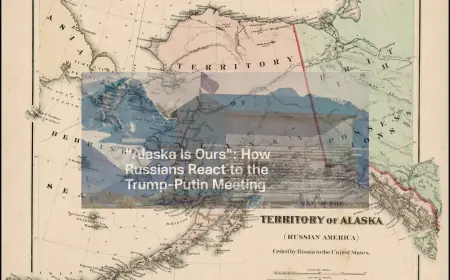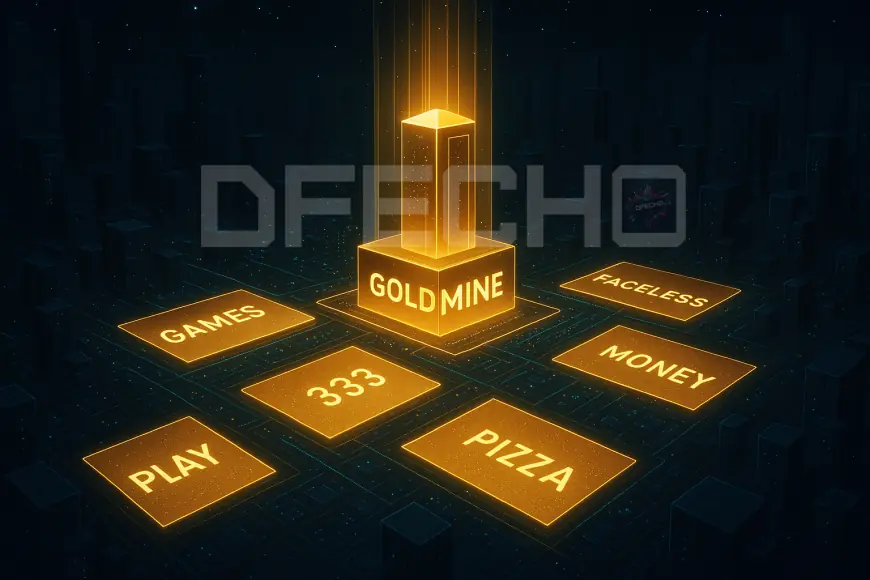Juneteenth: Uplift the Legacy and Embrace the Call to Step Up
Juneteenth: Uplift the Legacy. Let’s choose understanding, not division. Let’s build peace, not war. Freedom is not just a destination—it’s a duty we share.
Reflect on the journey from bondage to freedom—a story of courage, perseverance, and the enduring human spirit. As we celebrate progress and honor the fight for equality, we’re reminded that the path forward is built on unity and shared purpose. Let’s choose understanding, not division. Let’s build peace, not war. Freedom is not just a destination—it’s a duty we share.
A Legacy of Chains: The Global and American History of Slavery
Slavery is one of humanity’s oldest and darkest institutions. From ancient Mesopotamia and Egypt to Greece, Rome, and the Islamic empires, enslaving others was tragically normalized across civilizations. But it was the transatlantic slave trade, beginning in the 16th century, that marked one of the most brutal and far-reaching systems of human exploitation in history.
European traders, in a self-claimed collaboration with local African rulers, forcibly transported over 12 million Africans to the Americas. Millions died during the Middle Passage, and those who survived were sold into chattel slavery—a system where people were treated as property, stripped of identity, and denied basic human rights.
In the United States, slavery became the backbone of the Southern economy. Enslaved Africans built the wealth of a nation while enduring unimaginable cruelty. Families were torn apart, cultures suppressed, and resistance met with violence. Yet, enslaved people resisted in countless ways—through rebellion, escape, spirituals, and the preservation of culture.
The Emancipation Proclamation and the Road to Juneteenth
On January 1, 1863, President Abraham Lincoln issued the Emancipation Proclamation, declaring that all enslaved people in Confederate states were free. But this freedom was largely symbolic in areas still under Confederate control. It would take the Civil War, Union victories, and boots on the ground to enforce emancipation.
That enforcement finally reached Galveston, Texas, on June 19, 1865, when Union Major General Gordon Granger arrived with 2,000 troops and issued General Order No. 3, declaring:
“All slaves are free. This involves an absolute equality of personal rights and rights of property between former masters and slaves.”
This moment—two and a half years after the Emancipation Proclamation—is what we now commemorate as Juneteenth.
The Birth and Evolution of Juneteenth Celebrations
The first Juneteenth celebration took place in 1866, led by newly freed Black Texans. These early gatherings were deeply spiritual and community-centered, featuring:
- Prayer services and readings of the Emancipation Proclamation
- Spirituals and storytelling
- Barbecues and red foods (symbolizing resilience and sacrifice)
- Parades, pageants, and dressing in fine clothing as acts of dignity
Because Black Americans were often barred from public spaces, many pooled resources to buy land for celebrations—creating Emancipation Parks.
As Black families migrated across the U.S., they carried Juneteenth with them. Though its visibility waned during the Civil Rights era, it resurged in the 1970s and gained national momentum in the 21st century. In 2021, Juneteenth was officially declared a federal holiday, thanks to the tireless advocacy of people like Opal Lee, the “Grandmother of Juneteenth.”
Juneteenth Today: A Celebration of Culture and Resistance
Modern Juneteenth celebrations are as diverse as the communities that honor them. From Broadway concerts in Times Square to mural contests in Milwaukee, the holiday blends remembrance with joy:
- Music, dance, and art that celebrate Black creativity
- Educational panels and historical reenactments
- Community service and economic empowerment events
- Pilgrimages to Galveston and other historic sites
It’s a day to honor ancestors, affirm identity, and build community resilience.
Freedom Reimagined: Economic, Cultural, and Spiritual Liberation
Juneteenth reminds us that freedom is multidimensional. It’s not just the absence of chains—it’s the presence of opportunity, dignity, and justice.
- Economic freedom: Black entrepreneurship is a powerful form of resistance. From food trucks to tech startups, Black-owned businesses are reclaiming space and legacy.
- Cultural freedom: Art, fashion, and storytelling are tools of survival and celebration. They preserve history and inspire future generations.
- Spiritual freedom: Faith communities have long been at the heart of Juneteenth, offering healing, hope, and a moral compass for justice.
The Spirit That Echoes a Call to Step Up
Juneteenth offers timeless lessons that resonate far beyond its 19th-century origins. At its heart, it teaches us that freedom is not just declared—it must be delivered, and that justice delayed is still justice worth fighting for.
Here are a few powerful takeaways for our world today:
Juneteenth is not just a commemoration—it’s a call to action. It challenges us to confront the unfinished work of freedom. The importance of truth-telling: Juneteenth reminds us that history must be told in full—not just the victories, but the delays, denials, and resistance. Acknowledging hard truths is essential for healing and progress.
- Resilience in the face of injustice: Despite being denied freedom for years after it was promised, Black communities turned June 19 into a celebration of survival, culture, and hope. That resilience is a blueprint for how marginalized communities can reclaim power and joy.
- Freedom is a collective responsibility: The story of Juneteenth shows that emancipation wasn’t a single act—it required enforcement, advocacy, and continued vigilance. Today, it reminds us that equity and justice require ongoing effort from all of us.
- Culture as resistance: From music and food to storytelling and fashion, Juneteenth celebrations have always been about more than remembrance—they’re about affirming identity and resisting erasure through joy and creativity.
- The unfinished work of freedom: As activist Opal Lee says, “We’re not free yet.” Juneteenth challenges us to confront modern disparities—in education, healthcare, housing, and justice—and to keep pushing for a world where freedom is truly universal.
Juneteenth is a holiday rooted in a specific moment, but its message is global and enduring: liberation is a journey, not a destination.
As Opal Lee says, “None of us are free until we’re all free.” The torch has been passed to us—not just to remember, but to rise to the call.
-
-
For more information on Juneteenth:
The most widely recognized official website for Juneteenth is the Juneteenth World Wide Celebration site. It offers a rich collection of historical information, celebration ideas, educational resources, and ways to get involved in honoring the holiday.
You can also explore the National Museum of African American History and Culture’s Juneteenth page provides deep insights into the cultural and historical significance of the day.
-
Reward this post with your reaction or TipDrop:
 Like
0
Like
0
 Dislike
0
Dislike
0
 Love
0
Love
0
 Funny
0
Funny
0
 Angry
0
Angry
0
 Sad
0
Sad
0
 TipDrop
0
TipDrop
0




























